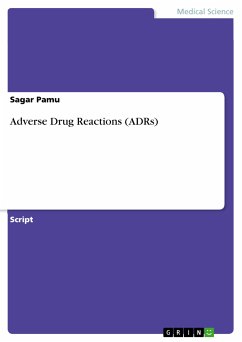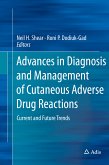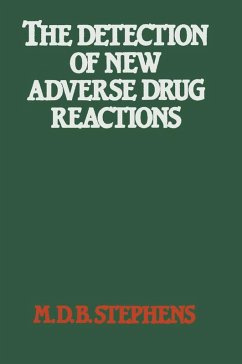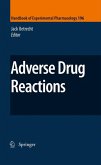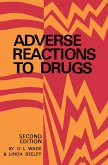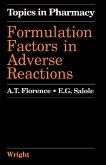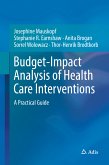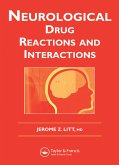Script from the year 2018 in the subject Medicine - Pharmacology, Pharmacy, grade: A, , course: Pharm. D, language: English, abstract: The WHO defines an "Adverse Drug Reaction as any response to a drug which is noxious and unintended and which occurs or doses normally used in a man of prophylaxis diagnosis or therapy of disease or for the modification of physiologic function." Adverse Drug Reactions (ADRs) are types of Adverse Drug Events (ADEs). Adverse Drug Events include ADRs, prescription errors, medication errors and other drug-related problems. ADEs are the negative consequences' of drug misadventures. Henri Manasse defined drug misadventure as the iatrogenic hazard that is an inherent risk when drug therapy is indicated. The American Society of Health-System Pharmacists (ASHP) defines significant ADRs as an unexpected, unintended, undesired, or excessive response to a drug that includes the following.
Dieser Download kann aus rechtlichen Gründen nur mit Rechnungsadresse in A, B, BG, CY, CZ, D, DK, EW, E, FIN, F, GR, HR, H, IRL, I, LT, L, LR, M, NL, PL, P, R, S, SLO, SK ausgeliefert werden.

